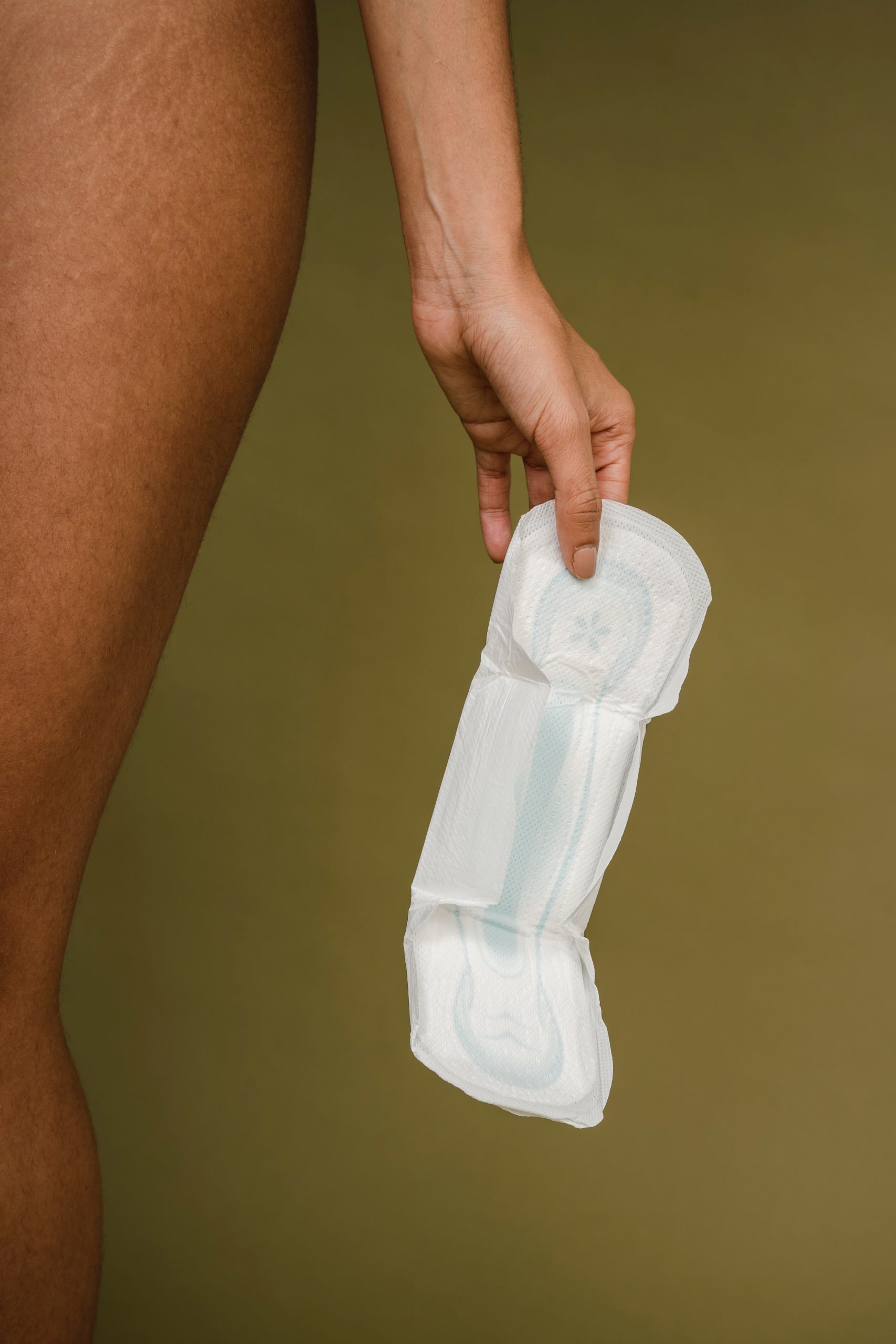Make Your PMS Suck Less
Written by
Kimberly Lush

Painful periods? You’ve come to the right place.
Premenstrual syndrome (PMS) is a combination of symptoms that occur in the lead up to our periods. Symptoms often include bloating, moody changes, headaches and fatigue (to name a few!)
- Does chocolate help?
- Should ice cream be your main food group in the week before your period?
- Are there actually foods that can help relieve the pain?
If you get bad PMS, you are probably hypersensitive to the hormonal fluctuations occurring during this time. It is believed that PMS is caused by the increasing levels of progesterone after ovulation which provokes chemical messengers in the brain (called neurotransmitters) leading to a variety of symptoms.
Many vitamins, minerals and essential fatty acids are involved in this process, which is why dietary changes may help.
So if you do have PMS, try these tips:
01
Boost your omega 3 intake.
Omega 3 helps to reduce inflammation and improve mood. It’s not surprising that foods rich in omega-3, such as oily fish, flax and chia seeds, have been shown to help!
02
Check your iron and zinc levels.
Research suggests that low iron and zinc levels may increase your risk of PMS, so get these checked by your doctor. Animal products (especially red meat) have quite high levels of these nutrients – if you don’t consume animal products regularly, a supplement may be necessary for you!
03
Try soy foods.
Soy foods contain isoflavones which can help to improve your oestrogen to progesterone ratio. This can help relieve PMS symptoms for some.
04
Get enough calcium.
Evidence suggests that if you boost your calcium intake to 1000-1200mg per day, your PMS symptoms may lessen. A systematic review found that with this extra calcium boost, PMS symptoms reduced by 50% compared with those who didn’t meet their calcium requirements. So 2-3 serves of dairy each day could be beneficial! If you don’t consume dairy products, check to see if your alternatives have added calcium!

What would I recommend?
- Choose one strategy to start with. There is no point starting everything at once because you won’t know what is actually making a difference for you.
- It can take 3-4 months to see an improvement in your symptoms after changing your diet, so be patient and stick with your chosen strategy for a while.
- Research shows that foods containing alcohol and sugar may worsen your PMS symptoms, so don’t go overboard on these foods in the lead up to your period!
If you need help implementing any of these changes, consult a dietitian!
PS. You can totally do that by clicking here.
Thanks for reading! Why not subscribe to our mailing list for more great content.

